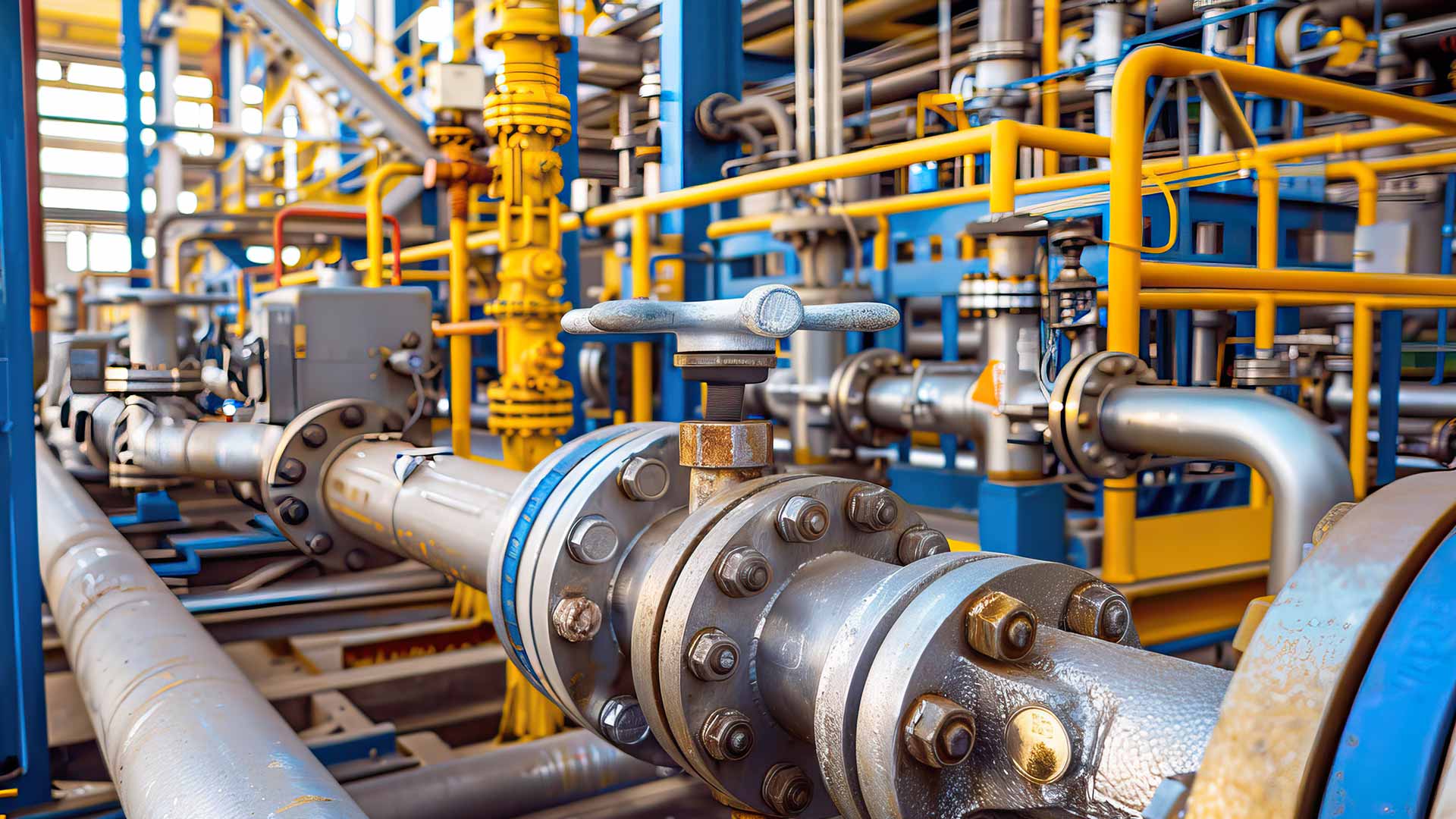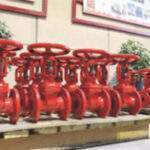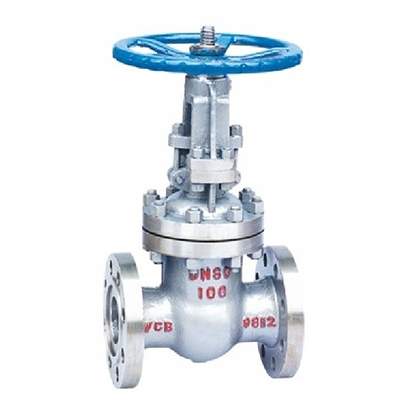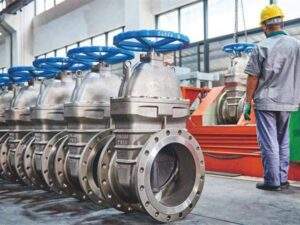Welcome to My Blog!
Before we dive into the content, I’d love for you to join me on my social media platforms where I share more insights, engage with the community, and post updates. Here’s how you can connect with me:
Facebook:https://www.facebook.com/profile.php?id=61563865935136
Now, let’s get started on our journey together. I hope you find the content here insightful, engaging, and valuable.
Introduction
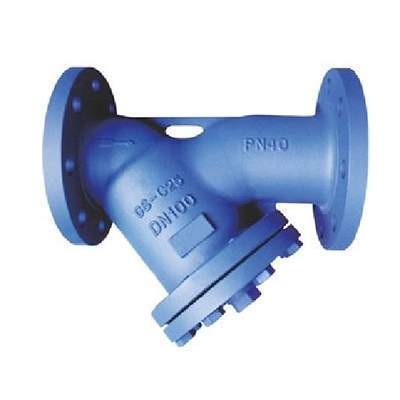
In today’s industrial landscape, efficient fluid management is critical across numerous sectors—chemical processing, water treatment, HVAC systems, and power generation to name a few. One essential component in achieving operational efficiency and protecting system integrity is the Y type strainer. While selecting the right product is important, choosing the right Y type strainer suppliers is just as critical.
This smart buyer’s guide will walk you through everything you need to know before partnering with a supplier, including product considerations, sourcing tips, evaluation criteria, and frequently asked questions. Whether you’re a procurement specialist, plant manager, or systems designer, this comprehensive guide will help you make informed, cost-effective, and reliable decisions.
What Is a Y Type Strainer and How Does It Work?
A Y type strainer is a mechanical device designed to remove solids and debris from flowing liquids, gases, or steam lines. It earns its name from its Y-shaped configuration, which allows the strainer to be compact and space-saving. The primary component is a mesh or perforated straining element housed within a pressure-rated body. As the fluid flows through the strainer, particles are trapped inside the mesh, preventing them from reaching sensitive downstream equipment such as pumps, valves, or instrumentation.
The Y type design offers several advantages: it can be installed horizontally or vertically depending on the piping system, and its blow-off or drain port allows for convenient cleaning without removing the strainer body. This makes it a favored choice in industries where continuous operation is key, and downtime must be minimized.
By effectively filtering out unwanted particulates, a Y type strainer helps extend the lifespan of downstream components and enhances overall system reliability. This is why choosing experienced y type strainer suppliers is vital—they must understand your system requirements and offer the right material, mesh size, and pressure ratings to ensure optimal functionality.
What to Look for in Y Type Strainer Suppliers
Sourcing Y type strainers isn’t just about purchasing a product; it’s about finding a long-term partner who understands your needs and consistently delivers value. Here’s what you should examine closely when evaluating potential y type strainer suppliers:
Product Quality and Material Standards
One of the most crucial aspects to consider is the quality of the strainer itself. Quality isn’t just defined by appearance; it includes mechanical integrity, corrosion resistance, and pressure tolerance. High-grade materials such as stainless steel (SS304, SS316), carbon steel, ductile iron, and bronze are commonly used depending on the medium. Each material offers different resistance to chemicals, temperature, and pressure. Make sure the supplier offers detailed specifications, including wall thickness, end connections (flanged, threaded, welded), and test reports.
Manufacturing Capabilities and In-House R&D
Reliable y type strainer suppliers should possess robust manufacturing infrastructure, preferably with CNC machining, automated welding, and advanced quality control systems. In-house R&D is equally important, as it allows the supplier to adapt products to specific customer requirements. Companies like Fanlei lead the way in this regard—combining research, engineering, and design under one roof to offer innovative and efficient filtration solutions.
Certifications and Regulatory Compliance
International certification is a hallmark of trustworthy suppliers. Look for ISO 9001 certification, which guarantees quality management systems, along with CE, WRAS, or API approvals depending on your industry. These certifications indicate a commitment to compliance and consistency in production standards, which is non-negotiable in sectors like food, pharmaceuticals, and chemicals.
Delivery Timelines and Inventory Readiness
Unexpected delays in delivery can stall entire projects. Ask about average lead times, express options, and inventory levels. Good y type strainer suppliers usually maintain a ready stock of standard sizes and materials to handle urgent orders. Fanlei, for example, operates with a global logistics system that ensures timely and accurate deliveries across continents, backed by digital tracking systems.
Table: Key Evaluation Criteria for Y Type Strainer Suppliers
| Evaluation Aspect | Why It Matters | What to Look For |
|---|---|---|
| Material Quality | Determines longevity, corrosion resistance, and media compatibility | Stainless steel, carbon steel, bronze, ductile iron |
| Customization Flexibility | Critical for unique industrial applications or retrofits | CAD design, custom mesh sizes, pressure ratings |
| Certification & Compliance | Ensures product meets legal and technical requirements | ISO, CE, WRAS, API standards |
| Quality Assurance | Affects system reliability and safety | In-house inspection, pressure testing, third-party audits |
| Delivery Capability | Influences project timelines and budget planning | Inventory readiness, shipment tracking, global delivery support |
| Technical Support | Supports installation, troubleshooting, and maintenance | Engineering consultation, documentation, training manuals |
| Pricing Transparency | Helps with budgeting and supplier comparison | Clear quotations, breakdown of costs, warranty inclusion |
| Industry Experience | Indicates ability to meet diverse needs and standards | Reference projects, case studies, long-standing customer relationships |
| Global Service Network | Facilitates after-sales service and spare parts availability | Local partners, support hubs, multilingual support |
Understanding Industry Applications for Y Type Strainers
Key Sectors Served by Y Type Strainer Suppliers
Due to their versatility and robustness, Y type strainers are employed across a wide array of industries. When choosing y type strainer suppliers, it’s crucial to ensure they understand the specific requirements of your industry:
- Water and Wastewater Treatment: Filters particulates from municipal and industrial water lines, protecting pumps and membranes from clogging.
- Chemical Manufacturing: Ensures purity by removing solid impurities before critical reactions or mixing.
- Power Generation: Protects turbines and boilers from foreign object damage, ensuring stable operation.
- HVAC Systems: Prevents buildup and blockages in chillers and cooling towers.
- Oil and Gas: Maintains clean fluid flow in pipelines, refineries, and offshore rigs.
- Pharmaceuticals: Upholds high sanitation standards through precision filtration.
Fanlei has decades of experience serving clients across all of these sectors, tailoring solutions that align with safety, productivity, and compliance goals.
How to Vet and Compare Y Type Strainer Suppliers
Finding a supplier is easy. Finding the right one takes due diligence. Use the following checklist to compare y type strainer suppliers effectively:
Supplier Research Checklist
- Comprehensive Website: A professional website with detailed technical documentation, datasheets, CAD drawings, and case studies speaks volumes about credibility.
- Client References: Ask for references in your industry. Testimonials and success stories reveal supplier reliability.
- Factory Audit: If possible, arrange for a virtual or physical tour of the manufacturing site.
- Response Time: Evaluate how quickly and clearly the supplier responds to inquiries and RFQs.
- Service Policy: Review their after-sales support, return policy, and availability of spare parts.
Why Fanlei Stands Out Among Y Type Strainer Suppliers
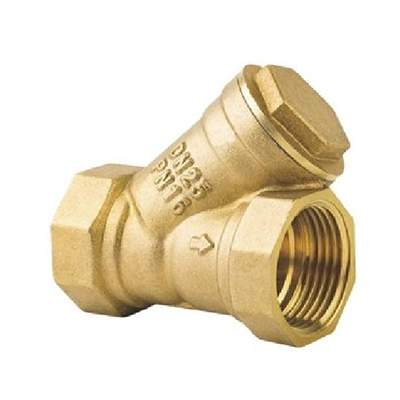
Fanlei is not just another name in the crowded marketplace of y type strainer suppliers—we are a full-service solution provider. As a valve manufacturing enterprise that integrates R&D, design, production, and sales, Fanlei delivers unmatched product quality and technical expertise.
Our product line is engineered for maximum durability and adaptability, supported by internal labs, strict QC protocols, and global certifications. We cater to customized needs with full support from concept to delivery. Whether you’re sourcing for new infrastructure or upgrading an existing system, our engineers collaborate with your team to optimize performance and cost.
Fanlei is also committed to environmental responsibility and sustainability, making sure our products help industries reduce waste, energy consumption, and operational risks.
Conclusion
Choosing the best y type strainer suppliers means evaluating more than just a price list. It’s about selecting a partner who can deliver on quality, customization, compliance, and support. With this guide, you now have the tools and knowledge to make informed sourcing decisions.
If you’re looking for high-quality, customizable Y type strainers backed by world-class service, contact us at Fanlei today. Let us show you how we combine innovation, precision, and reliability to protect your operations and add value to your process systems.
FAQ
What lead time should I expect from y type strainer suppliers?
Lead times typically range from 2 to 6 weeks, depending on order size, material availability, and customization. Fanlei offers expedited service for urgent requests.
Do all suppliers offer design customization?
Not all suppliers have the capability or willingness to modify designs. Fanlei provides full customization, including material selection, mesh size, pressure rating, and connection types.
Can Y type strainers be used in high-temperature applications?
Yes, if made from suitable materials like stainless steel or alloy steel, Y type strainers can handle high temperatures commonly found in steam or chemical applications.

